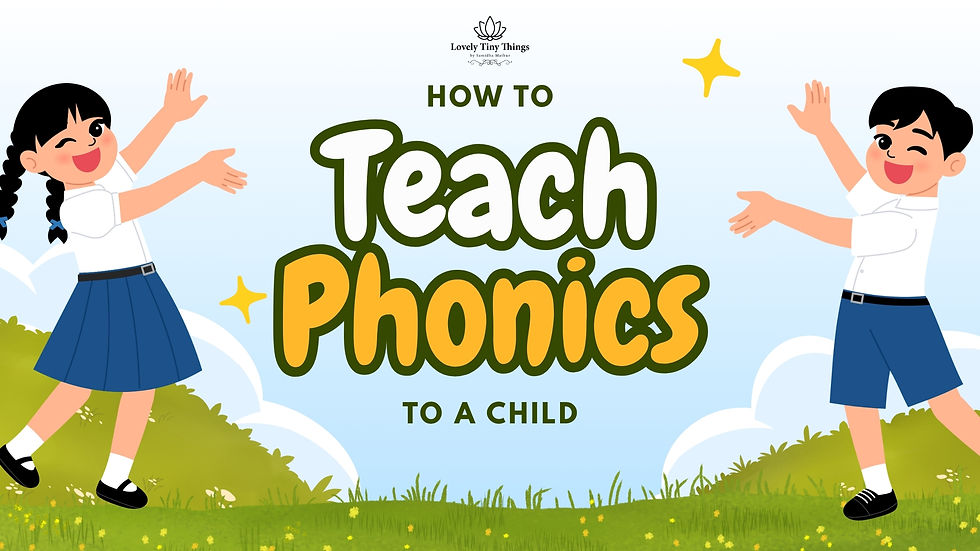How to deal with Postpartum Depression (PPD)?
- Apr 23, 2018
- 3 min read
Updated: Sep 14, 2019

Once you have delivered your baby you may feel yourself occupied with several emotions. You may experience stress, feeling of guilt, sadness and many more. If you observe that these negative thoughts have occupied you more than the positive ones and it is affecting your motherhood as well as your normal day-to-day life, then you may be experiencing Postpartum Depression (PPD).
The symptoms of Postpartum Depression (PPD) may start showing post-delivery and it may continue until next six months. The situation could be difficult to handle sometimes as it includes mood swings, difficulty in making decisions, anxiety, insomnia and sometimes even trouble in bonding with your little one.
However, there can be the several methods and ways which you can adapt to deal with your postpartum depression.
1. Take out some 'ME' time out of your daily schedule
After the delivery, it is obvious that you and your family will be concentrated and focussed on your baby's wellbeing, however, it is also important that you should take out some time for yourself too. For the initial days it would be difficult to manage the routine and taking out time for yourself but if you really work on, it is not that difficult too. You can have a good nap while the baby is safe and secured in his grand parent's attention, you can listen to the music of your choice or get your relaxed by doing yoga or meditation for some time.
It is understood that your newborn baby is your first priority, however, you should not stop loving yourself. If you schedule a dedicated 'ME' time once in a day, you will find it helpful to overcome your stress and tiredness.

2. Eat healthy foods
Eating a healthy and nutritious food can really help to a great extent to solve the problem of postpartum depression. Although there is no specific diet plan to follow while being in a depression, a healthy diet is good for your overall treatment.
Prefer having Protein and antioxidants rich diet like broccoli, spinach, tomato, potato, lentils, nuts, carrots, fruits like orange, apple, peaches, etc. This will also enhance your energy level and will keep you fresh.

3. Do NOT ISOLATE yourself
It is understandable that when a mind is not happy and relaxed, it often urge to isolate from the happening world. However, this is not good as isolation can make the situation worst. On the other hand, getting more socialise and the sharing of thoughts with someone you trust and depend can do a great help to deal with postpartum depression.
Therefore, it is advised to keep yourself active within your social circle so that you can share your feelings and get some good and better guidance from the experienced mothers.

4. Ask for the Help & Support
Never feel that it is only the responsibility of a mother to nurture and raise her child. In fact, it is a complete family's responsibility to raise a baby into a good human being. When a complete family understands this important role, the stress of a new mom gets disappear automatically.
Therefore, it is good to seek help and support from the family, rather than taking up all responsibility on your shoulder.

Postpartum depression (PPD) is a temporary phase of motherhood which affects a new mom's life to a greater extent. A complete understanding and support are always good to deal with Postpartum depression. Remember, ignoring a situation despite being aware is not a good sign while raising a new life. Take support of your doctor, if the situation is not coming under your control. A doctor is a correct person who can guide you better and provide you with a much-needed support.
Take Care!
















Comments